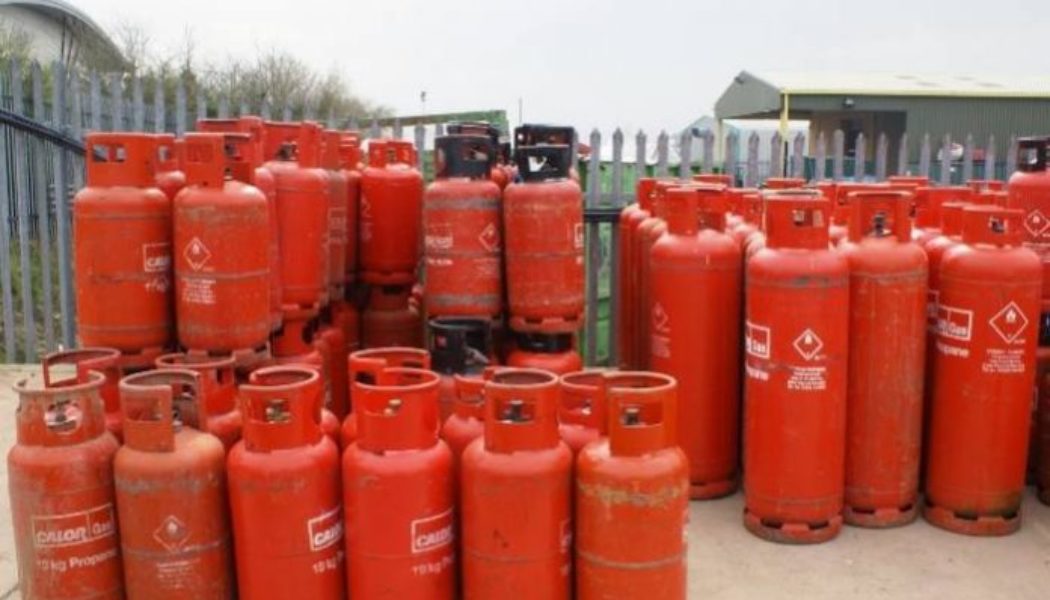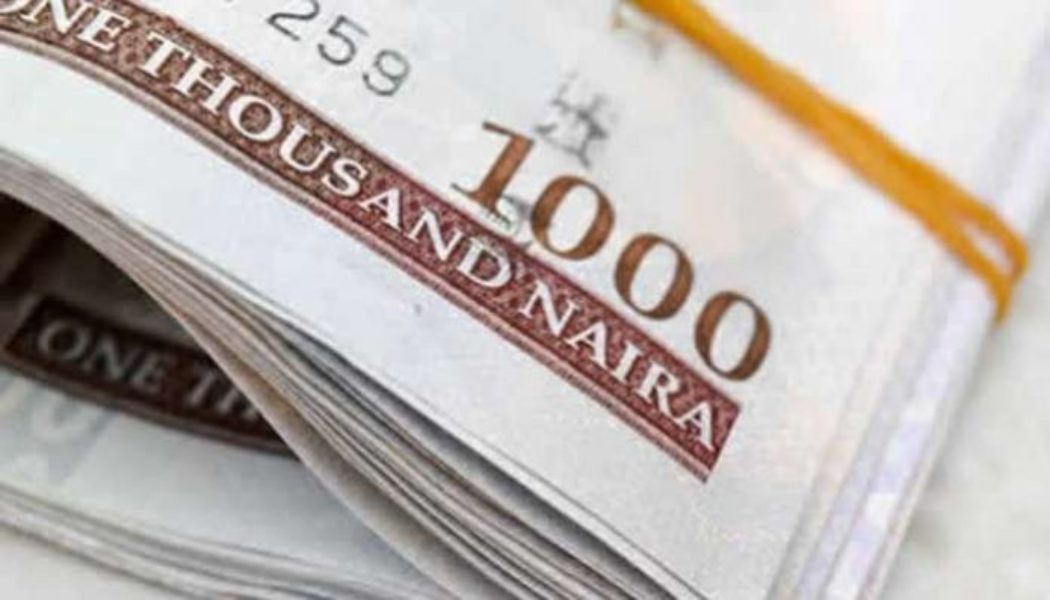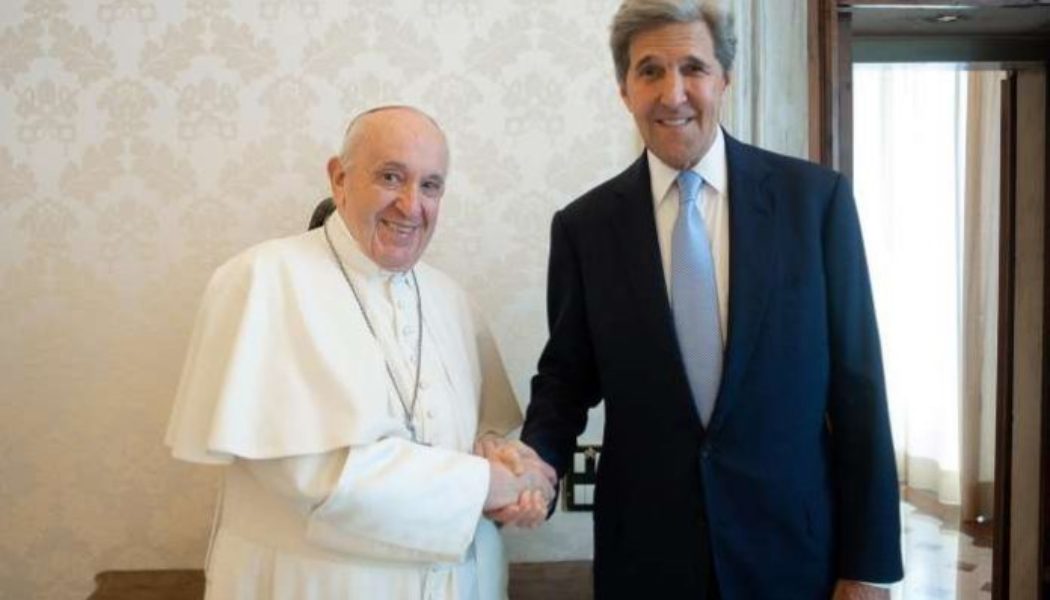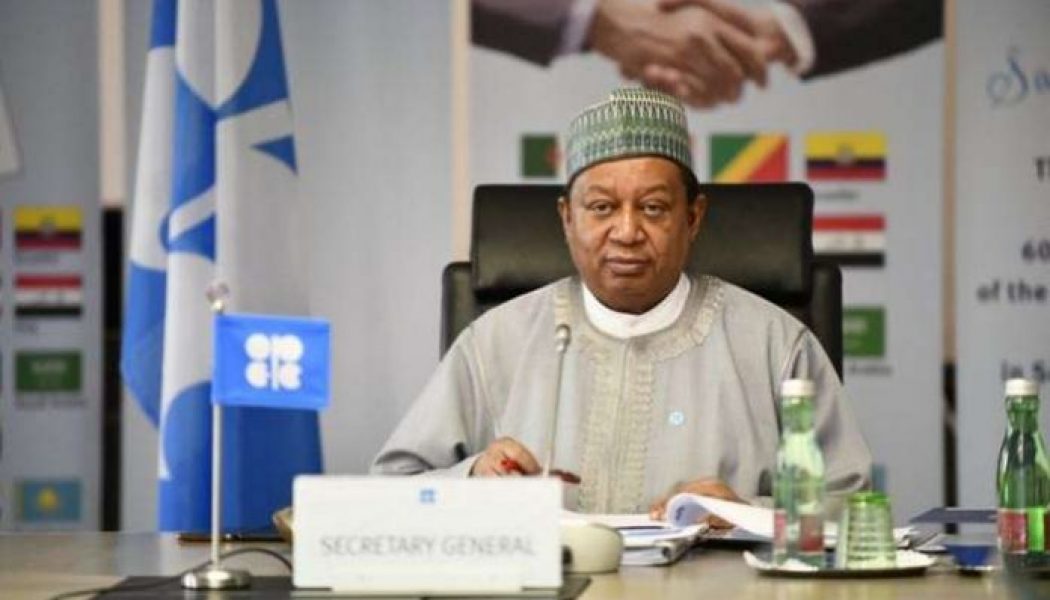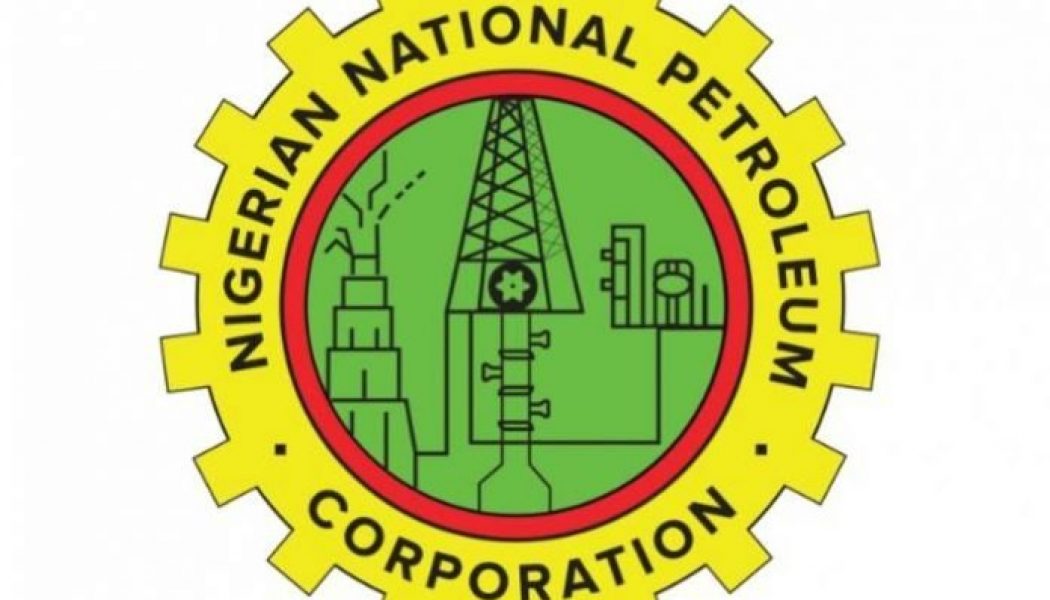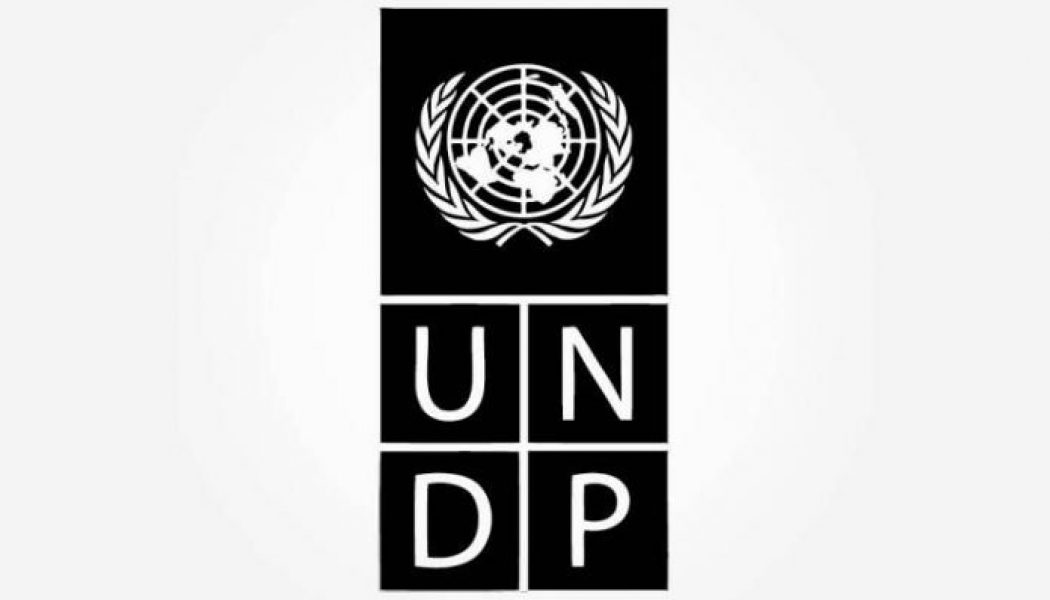Fuels
Nigerian government says no immediate plan to ban cylinder imports
The Federal Government says it had no immediate plan to ban the importation of gas cylinders as part of its LPG expansion and implementation plan. Mr Dayo Adesina, Senior Special Assistant on Domestic Gas in the office of the Vice-President, made the disclosure in an interview with newsmen on Sunday in Abuja. He said that the government was working on first building local capacities before contemplating a ban. According to Adesina, who is also the Programme Manager of the National LPG Expansion and Implementation, Nigeria still has a lot of cylinder deficits to fill in meeting the LPG expansion plan. He explained that the plan was to get LPG to the remotest of villages and discourage use of firewood and other fuels that are inimical to the environment. Adesina said that of the nation’s ove...
Nigeria’s inflation drops to 17.93 percent
The Consumer Price Index (CPI) which measures inflation dropped to 17.93 per cent (year-on-year) in May compared to 18.12 per cent in the preceding month, according to the National Bureau of Statistics (NBS). The 0.19 per cent decline in the headline index, makes it the second consecutive month that the rate had sustained its downward trajectory after 18 months of inflationary pressures on the economy. According to the CPI figures for May which was released by the statistical agency Tuesday, food inflation dropped to 22.28 per cent from 22.72 per cent in April. Price moderation was recorded in bread, cereals, milk, cheese, eggs, fish, soft drinks, coffee, tea and cocoa, fruits, meat, oils and fats and vegetables. On month-on-month basis, the food sub-index declined to 1.05 per cent in May ...
NNPC seeks $1 billion funding to revive PHC refinery
The Nigerian National Petroleum Corporation, NNPC, is currently shopping for $1 billion to revamp Nigeria’s biggest refinery located in Port Harcourt, Rivers State. To realise its plans, the nation’s oil company is already in high-level discussion to raise the money via a prepayment deal with trading firms. If the financing is successful, the long overdue rehabilitation of the refinery should reduce Nigeria’s hefty fuel import bill. It would also mark Nigeria’s second oil-backed financing since the COVID-19 pandemic that has added to the difficulty of finding investors as fuel demand is sapped by lockdowns and renewable energy is gaining ground over fossil fuels. The money would be repaid over seven years through deliveries of Nigerian crude and products from the refinery once the refurbis...
